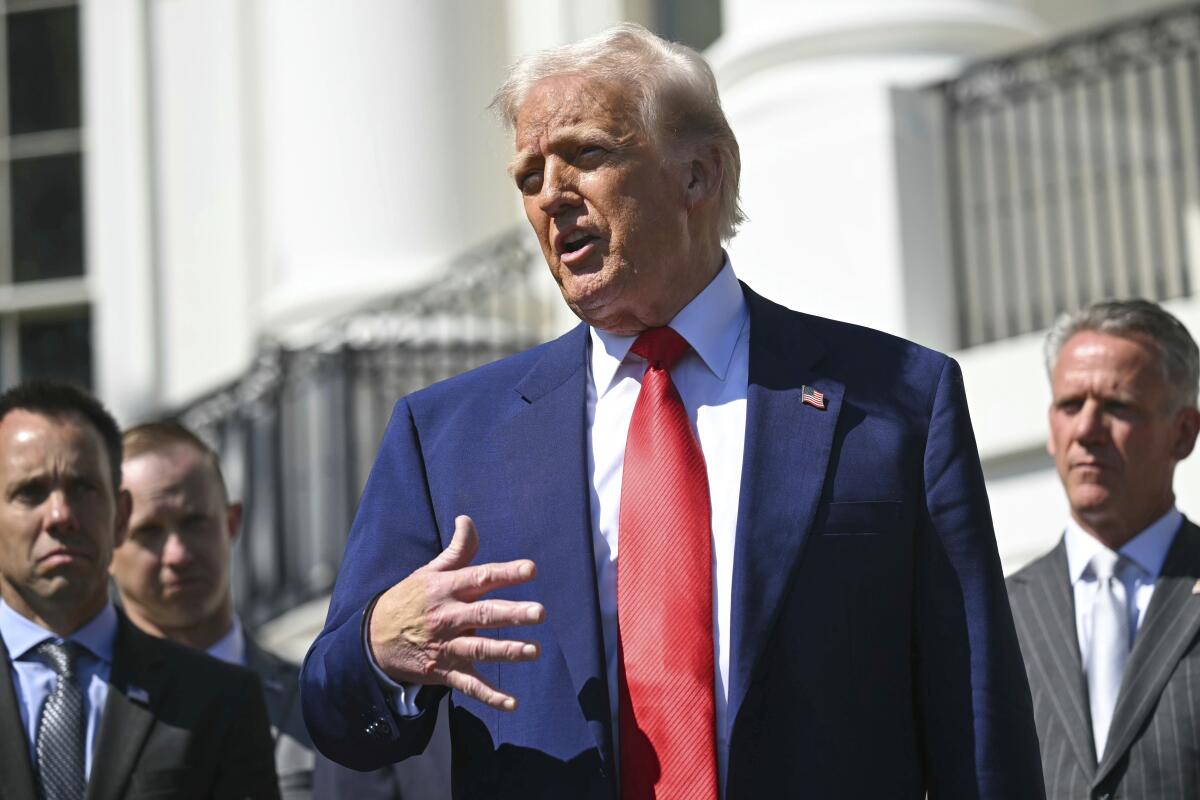Executive Summary
- India launched strikes on Pakistan and Pakistan-administered Kashmir, citing a need to address "terrorist infrastructure" following a deadly attack on tourists in Indian-administered Kashmir.
- Pakistan condemned the strikes as an "act of war" and claimed to have shot down multiple Indian aircraft, a claim India has not confirmed.
- The international community has expressed concern and urged de-escalation, fearing a broader conflict between the two nuclear-armed nations.
Event Overview
On May 7, 2025, India launched military strikes into Pakistan and Pakistan-administered Kashmir, triggering a sharp escalation in tensions between the two nuclear-armed neighbors. The strikes, dubbed "Operation Sindoor" by India, were described as a response to the April 22 attack in Pahalgam, Indian-administered Kashmir, where militants killed 26 people, primarily Indian tourists. India claims the strikes targeted "terrorist infrastructure" and were intended to be non-escalatory, while Pakistan views the actions as an "unprovoked act of war" and has promised retaliation. The situation has prompted international concern and calls for restraint to prevent a wider conflict.
Media Coverage Comparison
| Source | Key Angle / Focus | Unique Details Mentioned | Tone |
|---|---|---|---|
| BBC News | Background to the strikes, detailing the Pahalgam attack and previous India-Pakistan conflicts. | Provides specific details on the Indian defense ministry's statement and Pakistan's denial of involvement in the Pahalgam attack. | Objective and informative, focusing on providing context and factual reporting. |
| CBC News | Historical context of the Kashmir conflict and the events leading up to the current escalation. | Highlights the revocation of Kashmir's special status in 2019 and its impact on Kashmiri residents. | Analytical, offering expert opinions and background information on the long-standing dispute. |
| CNN | Real-time updates on the conflict, including claims of downed aircraft, casualties, and international reactions. | Reports claims of downed Indian jets (including Rafales) by Pakistan, the potential targeting of water infrastructure (Noseri Dam), and the displacement of residents. | Detailed and urgent, emphasizing the escalating nature of the conflict and providing multiple perspectives. |
Key Details & Data Points
- What: India launched military strikes targeting alleged "terrorist infrastructure" in Pakistan and Pakistan-administered Kashmir in response to a recent attack on tourists in Indian-administered Kashmir. Pakistan has responded by claiming to have shot down multiple Indian aircraft and vowing retaliation. The strikes mark a significant escalation in the long-standing conflict between the two nations.
- Who: Key actors include the governments and militaries of India and Pakistan, Prime Ministers Narendra Modi and Shehbaz Sharif, and international bodies such as the UN. Militant groups like Lashkar-e-Taiba and Jaish-e-Mohammed are also implicated. Civilians in the affected regions are suffering displacement and casualties.
- When: The strikes occurred in the early hours of May 7, 2025, following weeks of escalating tensions after the April 22, 2025, attack on tourists in Pahalgam. The conflict is ongoing.
- Where: The strikes targeted locations in Pakistan and Pakistan-administered Kashmir, including Muzaffarabad, Kotli, Bahawalpur, and areas within the Punjab province. Shelling has also been reported along the Line of Control (LoC) in Kashmir.
Key Statistics:
- Casualties in Pakistan: At least 26 civilians killed and 46 injured due to Indian army action (Pakistan military spokesperson).
- Casualties on Indian side of LoC: 12 civilians killed and 57 injured due to Pakistani shelling (Indian defense source).
- Indian Air Force (Pre-Conflict): 36 Rafale jets in service (The Military Balance).
Analysis & Context
The recent escalation between India and Pakistan highlights the fragility of peace in the Kashmir region. India's decision to launch strikes across the Line of Control (LoC) marks a significant departure from previous responses and could have far-reaching consequences. The conflicting claims regarding casualties and downed aircraft underscore the difficulty in verifying information in conflict zones. The strong nationalist sentiments on both sides, combined with the involvement of nuclear-armed states, raise the risk of further escalation and a broader conflict. The international community's calls for restraint reflect the grave concerns about regional stability.
Notable Quotes
This heinous act of aggression will not go unpunished.
What happens next is we are prepared for an all-out war. There is absolutely no doubt, because India is increasing the intensity, the stakes of this conflict.
Hatred and violence are our common enemies, not each other.
Conclusion
The situation between India and Pakistan remains tense and volatile. India's strikes on Pakistani territory have triggered a cycle of retaliation and counter-retaliation, increasing the risk of a wider conflict. While both countries have expressed a desire to avoid a full-fledged war, the strong nationalist sentiments and historical grievances make de-escalation a challenging task. The international community's role in mediating and urging restraint will be crucial in preventing further bloodshed and promoting a peaceful resolution to the long-standing dispute.
Disclaimer: This article was generated by an AI system that synthesizes information from multiple news sources. While efforts are made to ensure accuracy and objectivity, reporting nuances, potential biases, or errors from original sources may be reflected. The information presented here is for informational purposes and should be verified with primary sources, especially for critical decisions.









